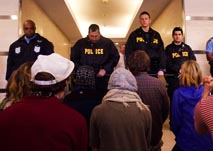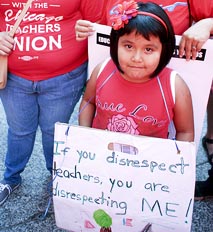Source: New Left Project
In this often personal interview, renowned linguist and political commentator Noam Chomsky outlines a libertarian perspective on work and education, arguing that freedom is the root of creativity and fulfillment.
Michael Kasenbacher: The question I would like to ask is what is really wanted work? Maybe we could start with your personal life and your double career in linguistics and political activism? Do you like that kind of work?
Noam Chomsky: If I had the time I would spend far more time doing work on language, philosophy, cognitive science, topics that are intellectually very interesting. But a large part of my life is given to one or another form of political activity: reading, writing, organising, activism and so on. Which is worth doing, it’s necessary but it’s not really intellectually challenging. Regarding human affairs we either understand nothing, or it’s pretty superficial. It’s hard work to get the data and put it all together but it’s not terribly challenging intellectually. But I do it because it’s necessary. The kind of work that should be the main part of life is the kind of work you would want to do if you weren’t being paid for it. It’s work that comes out of your own internal needs, interests and concerns. read more




